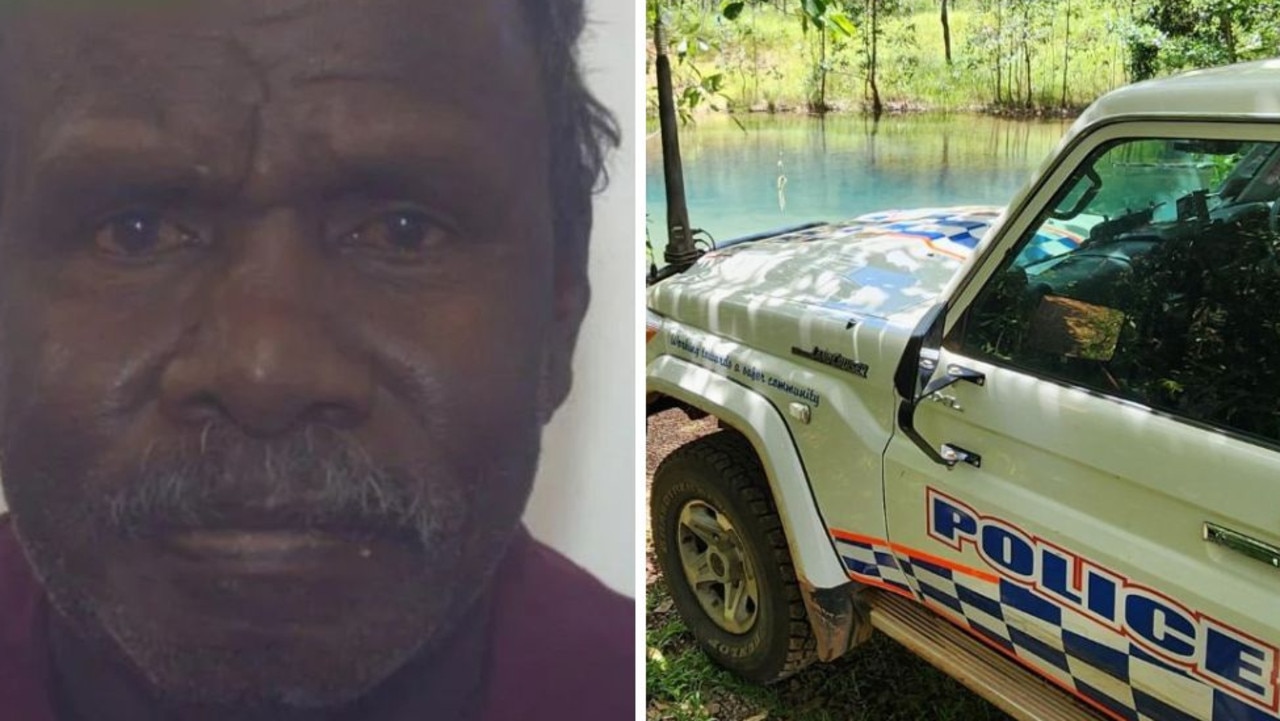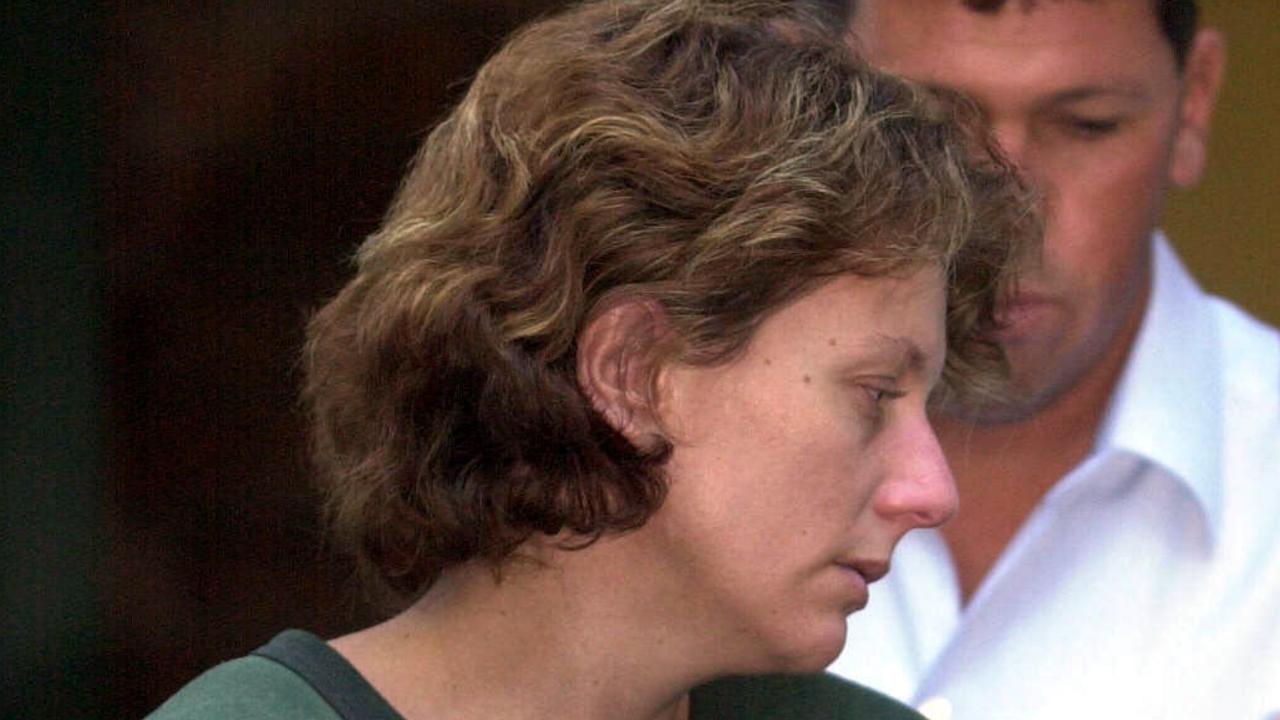What pharmaceutical companies pay Australian doctors
Pharma giants have spent more than $42.56m on payments to doctors and another $8.25m to health groups. See which Australians are paid and where the money goes.
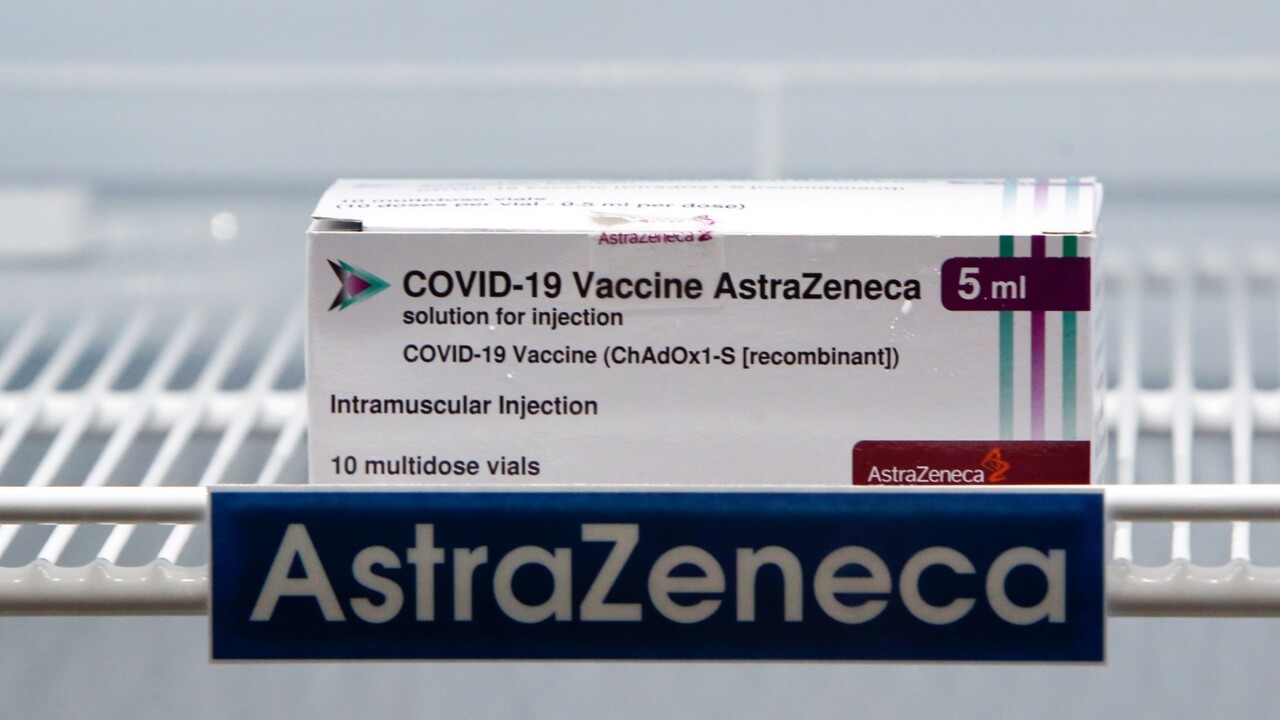
National
Don't miss out on the headlines from National. Followed categories will be added to My News.
Special Investigation: Australian doctors receiving payments from big pharma say their medical judgment is in no way compromised, after pocketing more than $42.56 million since 2019.
A News Corp investigation has found some GPs and specialists — and the entities they are associated with — are making hundreds of thousands of dollars on top of their regular salaries, by associating with the world’s largest drug makers.
These legal payments, reported publicly every six months, are for anything from travel, speaking at and attending conferences to consulting, training doctors, engaging in clinical trials and sitting on company advisory boards.
And it is not just doctors reeling in the cash — nurses, pharmacists and consumer health groups also collectively received $8.25 million in 2021 from pharmaceutical companies, in a practice academics say raises questions over potential conflicts of interest.
The data, released by the Medicines Australia transparency reporting system, shows among those earning the most were doctors who received between $102,000 and $378,000 each.
An entity attached to Professor Danny Liew received $369,000 in consultancy payments from Pfizer and a further $5144 from Novartis.
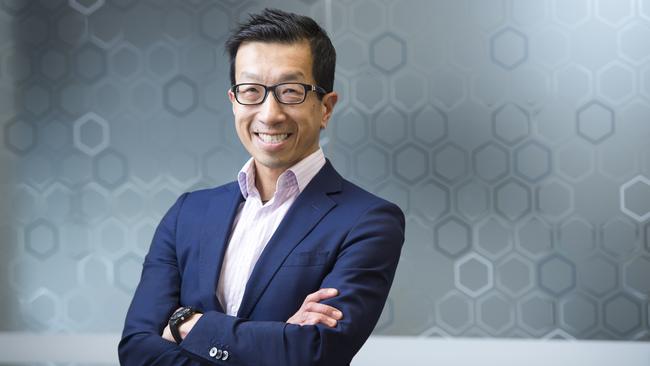
Prof Liew, who is now the Dean of Medicine/Head of Adelaide Medical School, left comment to an University of Adelaide spokesman, who said the money was paid to Monash University, not Professor Liew personally “and he maintained independence from prescribing Pfizer products”.
“Profits from the projects supported scholarships for four PhD students as well as further research that has led to over 50 peer-reviewed publications, changes to health policy, and the securing of over $1 million in NHMRC and MRFF grant funding,” the spokesman said.
Cardiologist Dr Andrew Sindone, a co-author of Australia’s guidelines for treating chronic heart failure, received more than $231,000 from multiple pharmaceutical companies.
“The fees are for work, many hundreds of hours of work and there is no possibility of any bias, it’s about teaching and educating GPs and medical students,” Dr Sindone, who has been involved in 43 international clinical trials, said.
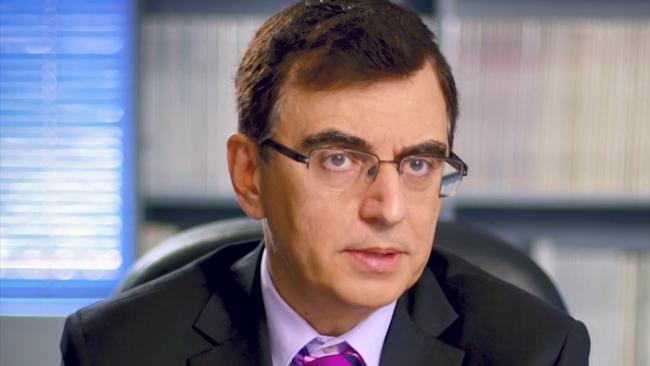
Adelaide rheumatologist Dr Anita Lee, who earned $112,723 in payments from Novartis, said the money was for developing and delivering a training course for junior rheumatologists in the use of rheumatological ultrasound.
Perth dermatologist Dr Kurt Gebauer, who collected $101,959 in payments from multiple pharmaceutical companies, said the money was for educating doctors.
And he noted he had taken a pay cut, earning $440 an hour — at least $200 less than his medical practice rate — while working for multiple pharmaceutical companies.
“Generally what comes to me is less than a plumber charged me last week to come to my house at $400 bucks an hour,” he said.
“It’s not worth it both from a financial point of view, when I could be sitting in my office billing $600 to $800 an hour.
“The reason you do it is you get access to international experts that can help your difficult patients. Or, we will be asking the company for free medication because it’s not on the PBS to help this patient.”
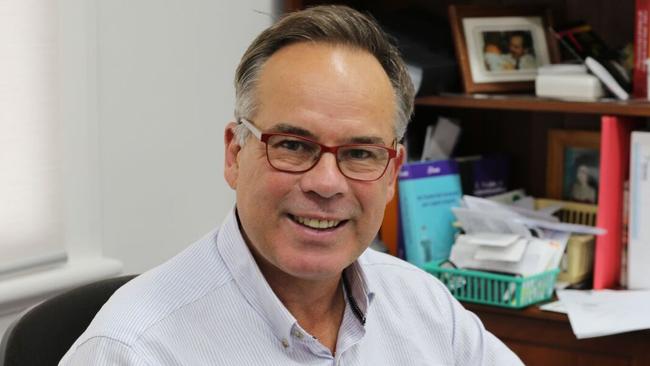
Speaking generally of the medical industry, Sydney University pharmaceutical financing expert Associate Professor Barbara Mintzes said “there certainly is evidence that payments from drug companies to doctors do influence their prescribing”.
She said US research on prescribing of anti-cholesterol, blood pressure, antidepressants and opioids found “the more meals that a doctor received (from a pharmaceutical company), the more the more likely they were to prescribe”.
Australia’s pharmaceutical companies ceased reporting on how much they paid for meals provided to health professionals in 2015, so this expenditure would be in addition to the moneys cited in this article.
Medicines Australia said any hospitality must be connected to an educational event and expenditure must be less than $140 per person.
University of Sydney’s Dr Lisa Parker, who has also studied the payments, said: “the question is, do you want your treatments to be influenced by marketing of drug companies or do you want your treatments to be influenced by clinical expertise?”
A recent study by oncologist Dr Adrian Pokorny, published in the Internal Medicine journal, wrote that “prescribers who receive research funding, honoraria or sponsorship of conference travel show positive attitudes to the sponsor’s medications, prescribe the sponsor’s drug more and are more likely to request the sponsor’s drug on a hospital formulary”.
Australian Medical Association president Professor Steven Robson said: “The overriding principle guiding doctors’ relationships with industry is the primacy of patient care. Patients and the wider community expect doctors to uphold this duty and put patients’ interests above their own personal interests or the interests of industry.”
Medicines Australia CEO Elizabeth de Somer said the industry was “committed to maintaining public trust and integrity”.
“For this reason, Medicines Australia is a strong advocate for transparency, and the Code of Conduct includes requirements for reporting of payments and benefits to healthcare professionals,” she said.
DOCTORS’ RESPONSES IN FULL
Professor Danny Liew
The University of Adelaide responded on behalf of Professor Liew and said the $369,000 from Pfizer was paid to Monash University not him personally, “and he maintained independence from prescribing Pfizer products”.
“Profits from the projects supported scholarships for four PhD students as well as further research that has led to over 50 peer-reviewed publications, changes to health policy, and the securing of over $1 million in NHMRC and MRFF grant funding,” the spokesman said.
Professor Andrew Sindone
The Sydney cardiologist, who received more than $231,000 from multiple pharmaceutical companies, said “the fees are for work, many hundreds of hours of work and there is no possibility of any bias, it’s about teaching and educating GPs and medical students.
“My goal is to help doctors, help patients. Its fee for service. I often don’t know which pharmaceutical company is involved, it’s run by middle men. They are all scientific meetings, I’m not promoting medicines.”
Professor Andrew Ostor
The Melbourne Rheumatologist, who received $136,249, from multiple pharmaceutical companies did not respond to News Corp before publication.
Dr Anita Lee
Adelaide rheumatologist Dr Anita Lee, who received $112,723 in payments from Novartis, said the money was for developing and delivering a training course for junior rheumatologists in the use of rheumatological ultrasound.
“She created the course from scratch and was paid for this work by Novartis. It has been fully accredited by the Australasian Society for Ultrasound In Medicine (ASUM). A couple of times a year she teaches the course to groups of registrar rheumatologists and is paid for this work too. Trainees meet their own expenses to attend the course and complete the training,” Dr Lee’s office said.
Associate Professor David Westerman
Haematologist David Westerman, who works at Melbourne’s Peter Mac hospital received over $205,00 in payments from Pfizer.
““I provide 24/7 support on behalf of Pfizer to clinicians across Australia who prescribe a drug to patients called clozapine. This drug has some common side effects that can impact on a patient’s blood count and I am reimbursed each month for providing this service as a haematologist.”
Associate Professor Jakob Begun
The Brisbane gastroenterologist who is an expert in inflammatory bowel disease expert received over $130,000 in payments from pharmaceutical companiesand did not respond to News Corp before publication.
Associate Professor Kurt Gebauer
Perth dermatologist Dr Kurt Gebauer, who received a total of $90,017 from multiple pharmaceutical companies, said the money was for educating doctors and he took a pay cut when working for big pharma.
“Generally what comes to me is less than a plumber charged me last week to come to my house at $400 bucks an hour,” he said.
“It’s not worth it both from a financial point of view, when I could be sitting my office building $600 to $800 an hour. The reason you do it is you get access to international experts that can help your difficult patients. Or, we will be asking the company for free medication because it’s not on the PBS to help this patient.
“There has got to be a conflicts of interest of some sort, because there’s no such thing as no conflict of interest. There’s always a certain amount of manipulation, protective manipulation that goes on even if it is subliminal.
However, he said in Australia it’s the government that decides what medicine get funded and “I don’t have any involvement in that”.
Associate Professor Philp Robinson
The Brisbane based rheumatologist and University of Queensland researcher received over $129,000 in payments from pharmaceutical companies and did not respond to News Corp before publication.
Associate Professor Gary Kilov
Tasmanian GP Dr Gary Kilov received over $103,000 in payments from pharmaceutical companies.
Dr Jerome Muir Wilson, a GP colleague of A/Prof Gary Kilov, responded on his behalf.
“Associate Professor Gary Kilov who himself lives with Type 1 diabetes, is the lead GP at the Launceston Diabetes clinic treating regional patients and undertaking university-based research,” he said.
“Gary travels throughout Australia providing valuable education to his peers and is a contributor to national clinical guidelines. He is sought after by many education providers, including pharmaceutical companies, to provide peer to peer education. He favours none over the other.
“This funding has allowed fellow GPs and health professionals to receive face-to-face education from this international expert. With very limited funding available from other sources, without the pharmaceutical companies there would be far fewer educational opportunities for GPs looking to upskill throughout Australia.”
Originally published as What pharmaceutical companies pay Australian doctors



